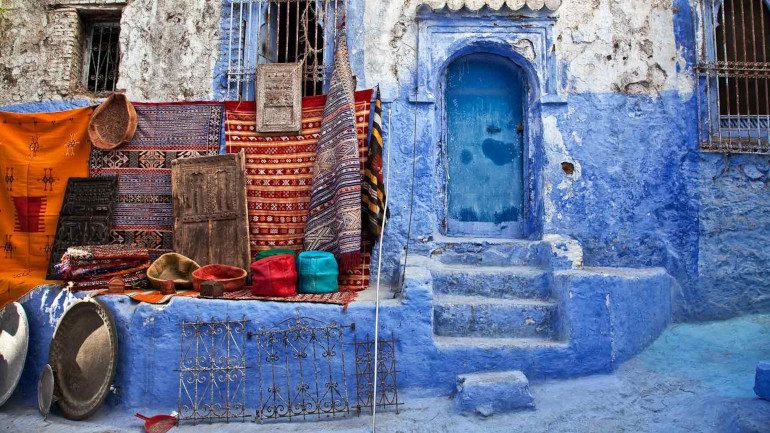Expatriation to Morocco
Expatriation to Morocco is an enriching adventure but requires good preparation. Here are the essential points to consider before moving to live in Morocco:
1. Administrative and Legal Aspects:
- Visa and Residence Permit:
- Types of Visas: Check which type of visa is required based on your nationality and your reason for stay (tourism, work, study, family reunification).
- Application for a Residence Permit: Once there, if your stay exceeds 90 days, you will need to obtain a residence card (titre de séjour). The procedures can be lengthy and require patience. Prepare the necessary documents (passport, proof of address, work contract/school registration, etc.).
- Customs Formalities: Inquire about the rules for importing personal belongings, especially if you plan to bring your vehicle.
- Insurance:
- Health: Take out international health insurance or local insurance adapted to your needs.
- Repatriation: Arrange for repatriation insurance just in case.
- Other Insurance: Consider home, car insurance, etc.
- Banking Formalities: Open a local bank account to facilitate your daily transactions.
- Labor Law: If you are coming to work, familiarize yourself with Moroccan labor law (minimum wage, holidays, contracts, etc.).
2. Accommodation:
- Types of Accommodation: Choose between apartments, houses, villas, depending on your budget and needs.
- Rent vs. Purchase: Evaluate the advantages and disadvantages of renting and buying.
- Neighborhoods: Inquire about the different neighborhoods of the cities where you plan to settle (security, amenities, atmosphere).
- Real Estate Agencies: Do not hesitate to use local real estate agencies to facilitate your search.
- Rental Contracts: Check the terms of the rental contract before signing (security deposit, lease term, specific clauses).
3. Finances and Budget:
- Cost of Living: The cost of living is generally lower than in Europe, but it can vary depending on the city and lifestyle.
- Monthly Budget: Establish a budget including rent, utilities, food, transportation, leisure, etc.
- Exchange Rate: Monitor the evolution of the euro/dirham exchange rate.
- Taxes: Inquire about the Moroccan tax system.
4. Daily Life:
- Language: Moroccan Arabic dialect (darija) is the most spoken language, but French is widely used in major cities. Learning some basic darija can facilitate your integration.
- Culture and Customs: Familiarize yourself with Moroccan culture, traditions, and customs (respect for religious rules, dress codes, etc.).
- Health: Inquire about the health facilities available in your area (hospitals, clinics, general practitioners, and specialists).
- Transportation:
- Public Transportation: Buses and taxis are the main means of transportation in cities.
- Driving: If you plan to drive, be careful as driving in Morocco can be different from what you are used to.
- Internet Network: The quality of the internet network varies by region. Choose an internet provider suitable for your needs.
- Safety: Inquire about areas to avoid and respect basic safety rules (do not display valuables, etc.).
5. Social Integration:
- Expatriate Networks: Join expat groups to make new friends and get advice.
- Associations: Participate in activities organized by local associations.
- Local Language: Learning darija is an excellent way to integrate more easily.
- Open-mindedness: Be open-minded and curious to discover the local culture and traditions.
6. Departure Preparation:
- Administrative Procedures in your Country of Origin: Do not forget to notify your departure to your administration, your bank, etc.
- Moving: Organize your move in advance (transport of your belongings, sale of what you do not want to take).
- Useful Contacts: Note the contact information of the embassies and consulates of your country.
In summary, moving to live in Morocco requires:
- Good administrative and financial preparation.
- Cultural adaptation.
- Open-mindedness.
- Patience.
Do not hesitate to seek information from expatriates already living in Morocco and to contact specialized organizations for personalized advice. Good expatriation!

